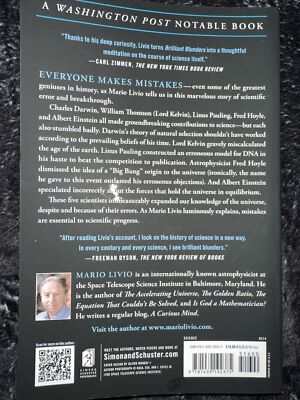
**Spaced Repetition: The Ultimate Memory Hack**
Spaced repetition is an innovative memory method that allows people to better retain information by distributing study sessions over time. In contrast to conventional techniques like cramming, spaced repetition utilizes the psychological spacing effect, where material is revisited just before it’s likely to be forgotten, thereby improving long-term retention.
Significantly, Michael Nielsen, a frontrunner in the application of spaced repetition for learning, has shared his insights and approaches on platforms like Twitter. He underscores the shift of memory from a random occurrence to a conscious decision, enabling reliable recall of information with minimal effort. Nielsen’s advice includes identifying what content to incorporate into a spaced repetition system and understanding that memory should act as a base for deeper comprehension rather than a final destination.
The resource he recommends is Anki, an open-source app that facilitates personalized spaced repetition schedules. Compatible with both desktop and mobile devices, Anki synchronizes across platforms, making it convenient for everyday use, whether inputting data on a computer or reviewing while mobile. This adaptability renders spaced repetition both accessible and scalable, independent of the user’s context.
Furthermore, spaced repetition can address cognitive biases, including the inclination to forget inconvenient truths. Echoing Charles Darwin’s habit of documenting conflicting information to question personal beliefs, spaced repetition guarantees that such facts are not merely recorded but also retained, fostering a well-rounded viewpoint.
The application of spaced repetition extends beyond mere memorization; it encourages retrieval practice and interleaving, among other research-backed learning methods, providing a holistic approach to effective learning. For educators and learners, grasping and implementing spacing strategies could transform knowledge retention and practical application.
**Resources and Further Reading:**
– [Anki App](https://apps.ankiweb.net/)
– [Wikipedia on Spaced Repetition Systems](https://en.wikipedia.org/wiki/Spaced_repetition)
– [The Autobiography of Charles Darwin](http://darwin-online.org.uk/content/frameset?itemID=F1497&viewtype=text&pageseq=1)
– Weinstein, Y., Madan, C. R., & Sumeracki, M. A. (2018). [Teaching the science of learning](https://cognitiveresearchjournal.springeropen.com/articles/10.1186/s41235-017-0087-y). Cognitive research: principles and implications, 3(1), 2.
Embracing spaced repetition can indeed shift learning from a passive experience to an active, intentional endeavor, ensuring that knowledge evolves into a personal asset instead of a transient accomplishment.